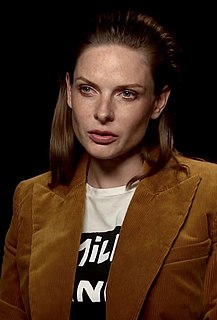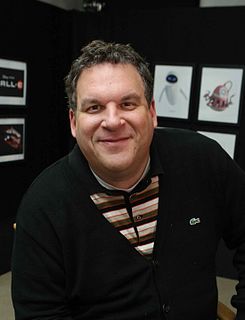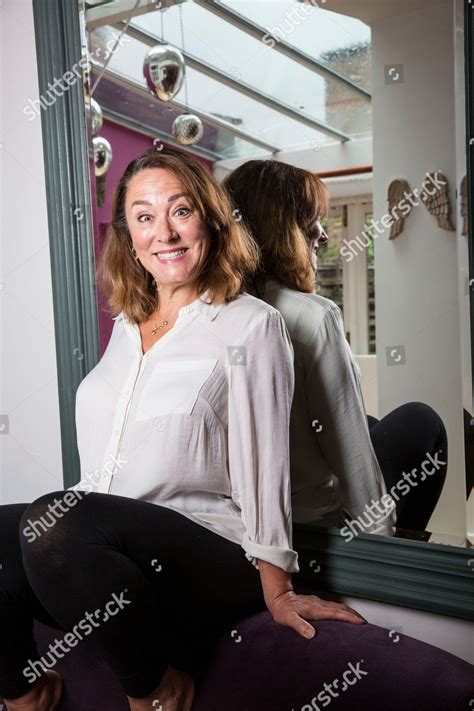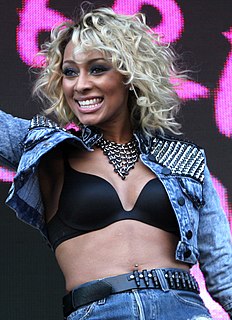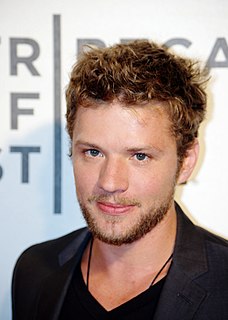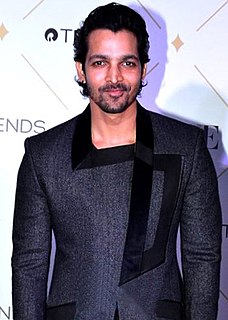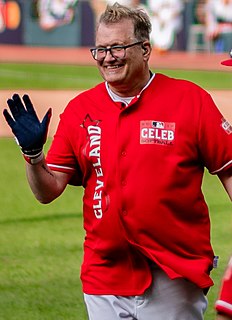A Quote by Frances Moore Lappé
I was a compulsive eater in my late teens and until I wrote Diet for a Small Planet, so I know what it feels like when food becomes a threat.
Related Quotes
I began reading cook books when I was six, cause my father had hundreds of cook books in the kitchen. I was obsessed with cooking and tasting different recipes. I got lost in being a compulsive eater. It brought me much happiness. Sadness too, sure. But I have to say, and compulsive eaters will agree with me, for that few seconds that you're eating, food tastes just great.
The food industry is spending almost $2 billion a year marketing directly to children and teens. We know that those ads lead to children demanding certain brands, and we know that food and drink marketing gets all of us to consume more calories. If we're going to address diet-related illnesses, talking about marketing to kids is a key step. There should be places like schools that are protected sanctuaries from commercialization and from advertising, especially when it comes to kids' health.
When I was a kid, I hated everything. I was really skinny, and I'd have a milkshake with an egg in it. Growing up, I ate, like, five different foods. I was not an adventurous eater. But as soon as I left home, that all changed and from that point on, I've been a pretty enthusiastic eater of new and strange food.
Simply put, Cavemen's diet is a diet plan which suggest food eaten by the cavemen. Cavemen ate what was available - like meat, vegetables and a few nuts. What we grow for food is carbohydrates, and that leads to weight gain. I started this diet a few years ago, and ever since, I haven't had carbs at all.

